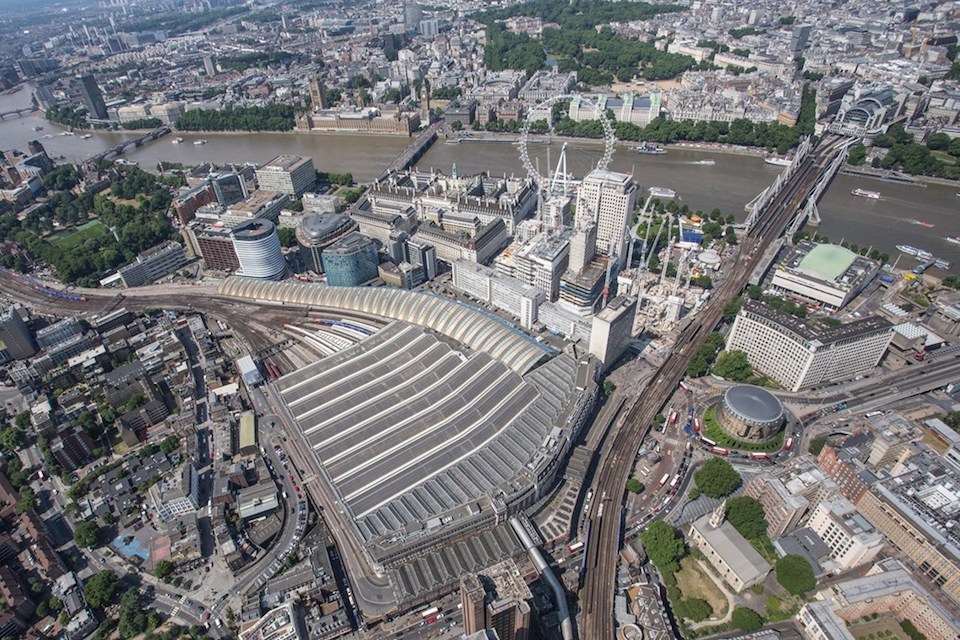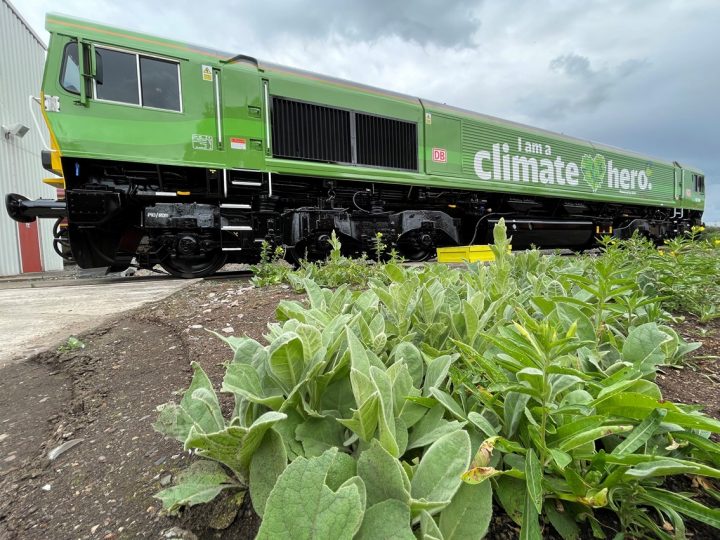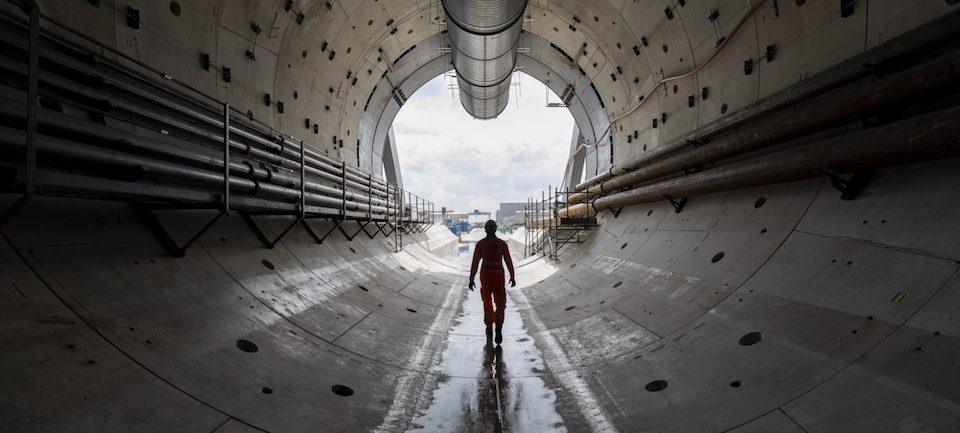UK: A massive budget but taxing for trains

The UK Budget, delivered today (30 October), was a series of firsts. It was the first by the new government, elected just over three months ago. It was the first budget delivered by the left-wing Labour Party for over fourteen years since their last term in government office. Perhaps most historically of all, it was the first ever budget in British history to be delivered by a female chancellor. It was not the first to leave the rail lobby disappointed.
If anyone expected chancellor Rachel Reeves to make a modest appearance at the dispatch box, they were proved wrong within moments. In a savage and partizan speech, Reeves spent almost half an hour roundly blaming her predecessors for the much vaunted “black hole” in the UK economy. However, she delivered very little to boost the rail freight sector directly and could be accused of indirectly stalling its growth.
Fuel duty does no favours to rail
In her opening remarks, mention of the railways as a driver of economic development was confined to an often repeated observation that, under the previous government, the trains failed to turn up. Reeves, of course, referred to the passenger sector, where, only earlier that day, Northern Trains – which serves a wide swathe of the north of England, had been pilloried by the metropolitan mayor of Manchester for a stream of cancellations. It was pointed out that Northern was, in fact, already in direct government control.

The budget had been extensively leaked in advance of Wednesday’s speech. However, some measures came as in as a surprise. Among them, the fuel duty regime remained unchanged. Despite the repeated commitments toward a greener economy, the differential between the cost of fossil fuels and electric traction remains unaltered. The rail freight sector may not have expected many favours from the chancellor, and this measure met those expectations. The sector may have hoped for some support for alternative fuels. Alas, that particular pump was dry, too. Representatives from the road transport sector obviously took a somewhat brighter view.
HS2 commitment and ports investment
It was over an hour into her speech before Rachel Reeves turned to transport matters. The chancellor made what appeared to be several re-announcements of existing rail projects. She claimed that the commitment would be made to the TransPennine Route Upgrade and several peripheral parts of that project. Travellers in the region between Liverpool, Manchester, Leeds and York. Many may already be aware of the engineering work underway on that project. However, the commitment to fund tunnels from Old Oak Common in the west of London to Euston Station in the city centre was a significant step forward. However, that announcement did not include a commitment to rebuilding the station at Euston, which may still have to be privately funded.

The commitment to the major civil engineering aspect of HS2 in London is welcome. The job of tunnelling from Old Oak Common in the Borough of Ealing into Euston will not destroy modern-day Camden (as the original railways did). However, the massive job of simply removing the spoil from the works and bringing in the lining sections will, in itself, be a significant job for the rail freight sector. The chancellor also committed to investment at British ports. Again, that could be good news for rail freight – if enhancing rail infrastructure is part of that deal. The chancellor sat down after almost hours at the dispatch box. Everyone else is just now getting to their feet in response.
You just read one of our premium articles free of charge
Want full access? Take advantage of our exclusive offer




